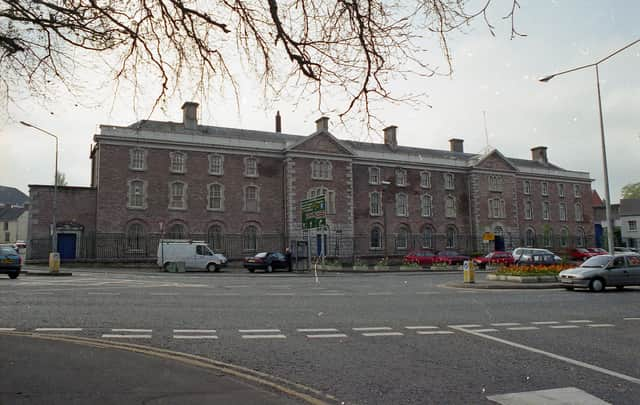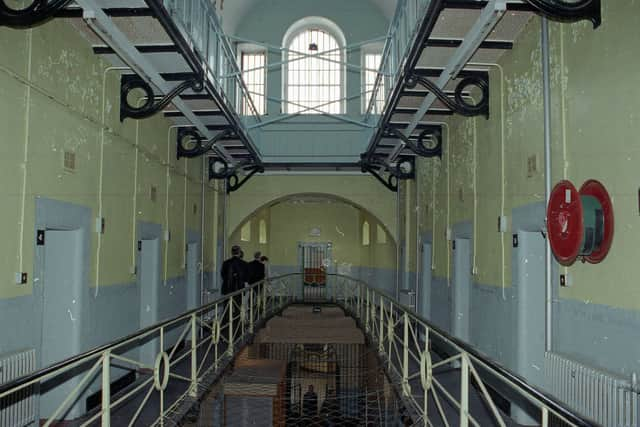‘Disturbed and lawless state’ of country concerns magistrates (1852)


The News Letter’s correspondent in Armagh wrote: “As the meeting took place within closed doors, we are necessarily precluded from giving any report of the proceedings. We may, however, mention that an admirable and well-timed memorial to the government.”
The memorial read: “Showeth – That a district containing portions of the above-mentioned counties has for some time past been in a disturbed and lawless state.
Advertisement
Hide AdAdvertisement
Hide Ad“That a succession of murders, attempts to murder, assaults, burning of houses, acts of intimidation, etc, have taken place within it, all marked with the same agrarian character, and evidently proceeding from the same secret conspiracy.


“That this secret association possesses the sympathy of many, and has overawed the whole of the population to such an extent that evidence of the most atrocious murders, perpetrated in the open day, can hardly be obtained; and jurors, from whatever class empanelled, are too often either disaffected or intimidated; that the audacity of the conspirators has fearfully increased with their impunity, and that the conspiracy is rapidly extending into the neighbouring districts.
“That the sympathy, and, yet more, the terror of the population, is proved by facts which come under our notice daily, and are well known to the authorities – such, for instance, as an unwillingness to render the common offices of humanity to the victim of assassination or outrage, and the levy of forced contributions for the purposes of defending agrarian criminals.
“That while we give credit to the executive for their wishes and endeavours to enforce the law as it stands, we declare our strong conviction of its total inadequacy to meet a state of society never contemplated by British law. That we are persuaded we express the feelings of all respectable and well-affected persons of all classes, in calling upon Parliament to enact such laws as may protect our lives and properties from an intolerable state of intimidation, and crush that secret conspiracy which is ruinous both to those who suffer from it, and to the interests of all ranks and classes in the country at large.”